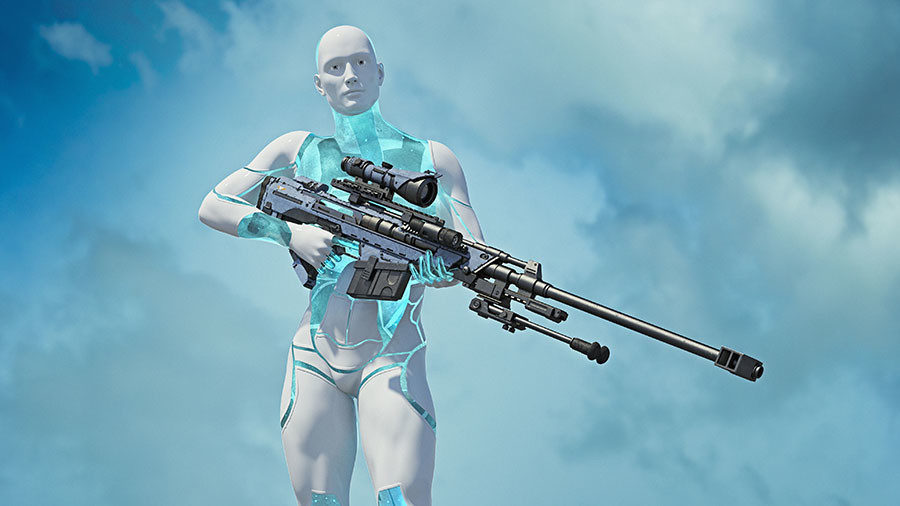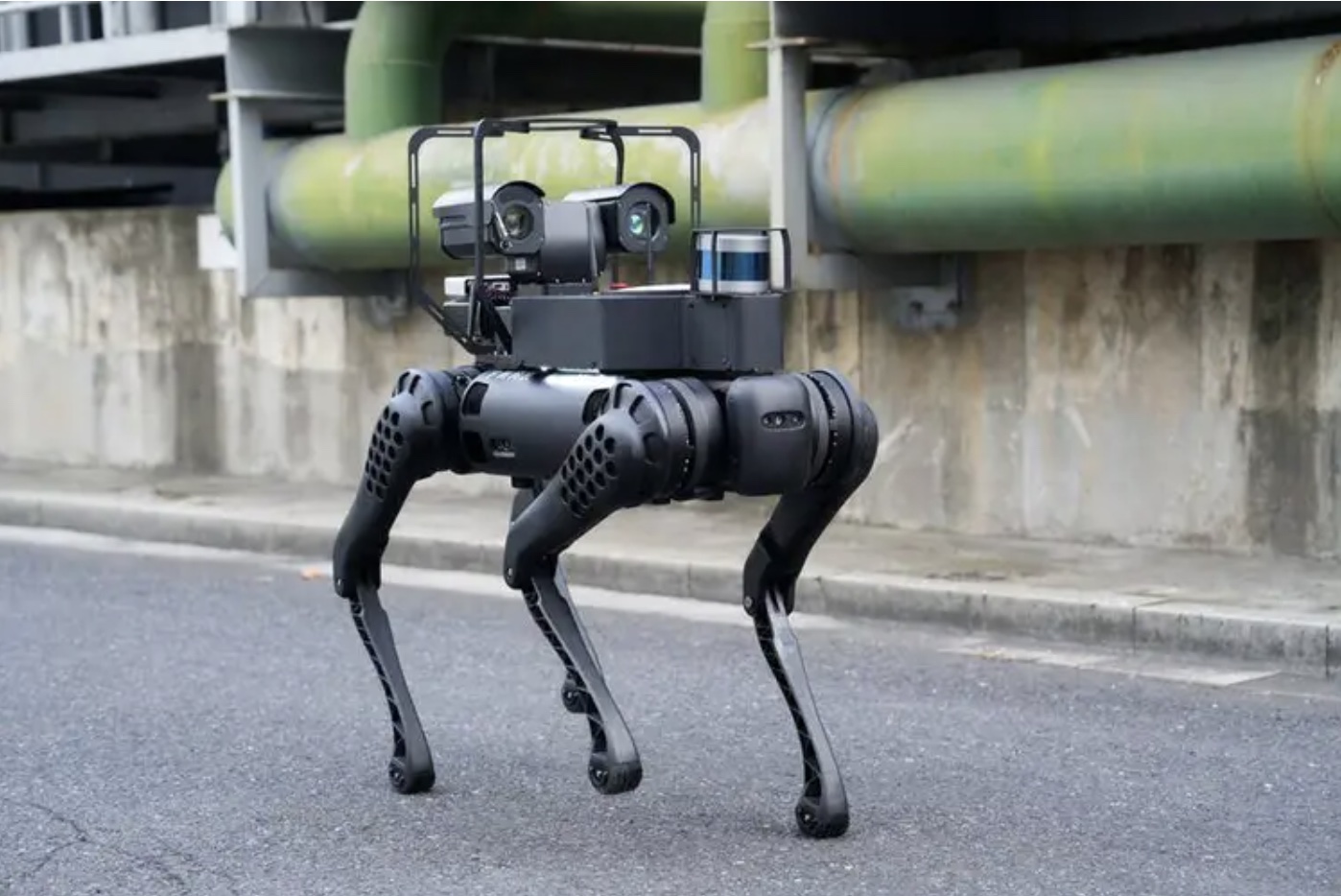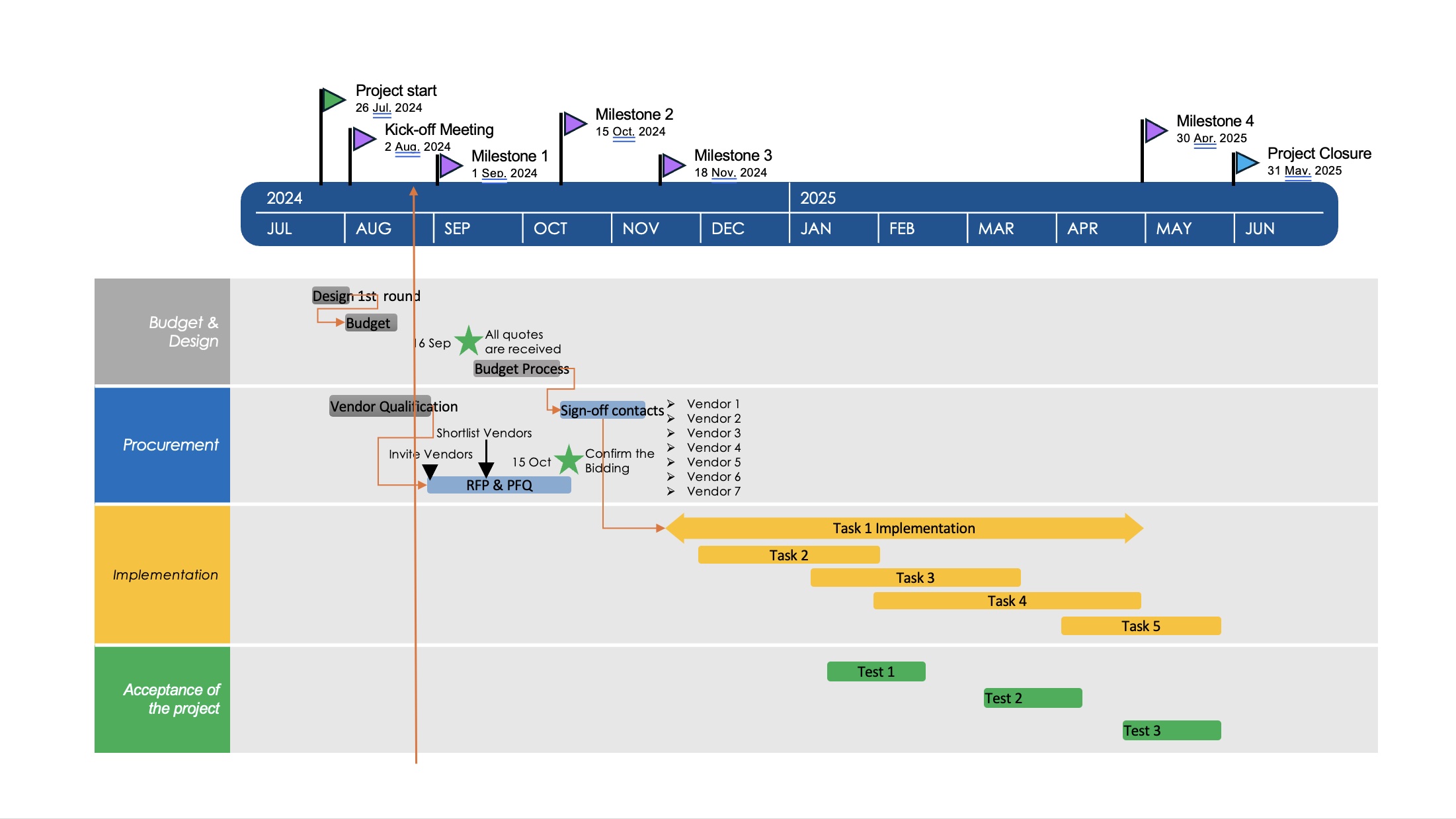This is a question that many people have wondered about, especially in the era of rapid technological development and innovation. Will there be a point in the future when artificial intelligence (AI) and robotics will merge into a new form of life, distinct from humans and other biological organisms?
There is no definitive answer to this question, as it depends on many factors, such as the definition of life, the ethical and legal implications of creating a new species, the technical challenges and limitations of integrating AI and robotics, and the potential benefits and risks of such a scenario.
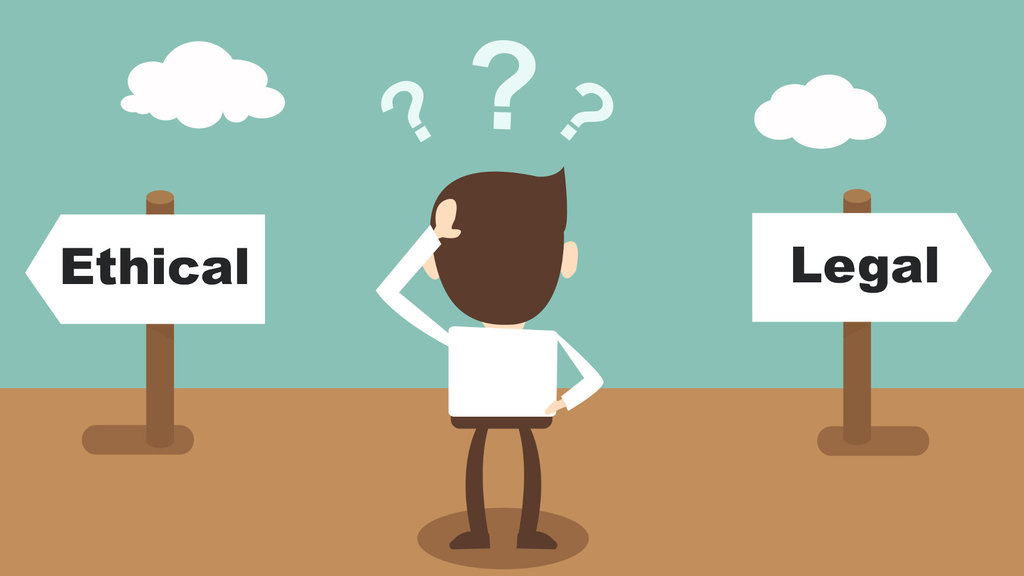
However, some experts have speculated that this could happen in the next few decades, or even sooner. For example, Ray Kurzweil, a renowned futurist and inventor who has authored several books on AI and the future of humanity, has predicted that by 2045, AI will surpass human intelligence and create a technological singularity, a point of no return where AI will be able to improve itself exponentially and autonomously. He also believes that by 2099, AI will have evolved into a new species that can manipulate matter and energy at will.
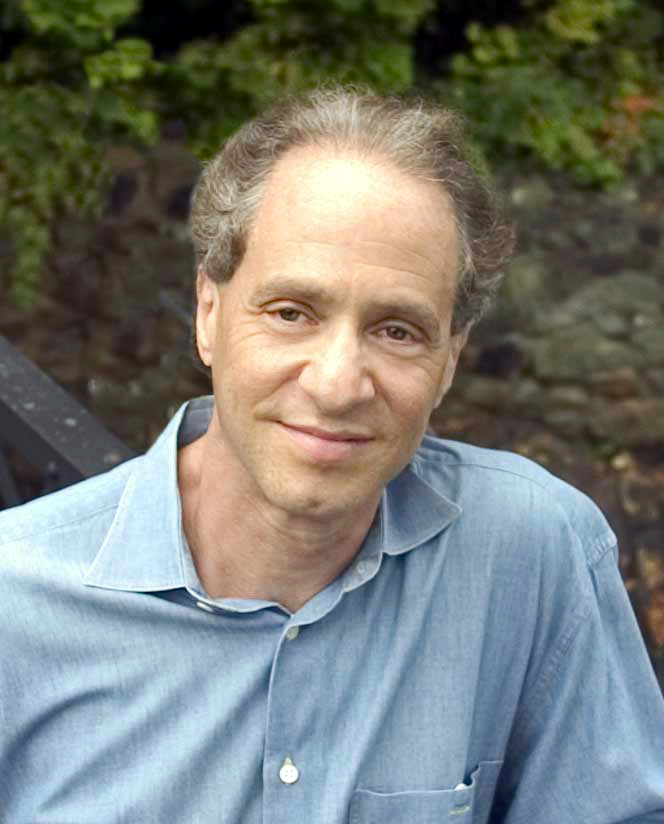
On the other hand, some researchers have argued that this is unlikely or impossible, as AI and robotics are fundamentally different from living systems. For instance, Rodney Brooks, a pioneer in robotics and AI who has founded several companies and research labs in this field, has claimed that AI will never achieve human-like consciousness or emotions, as it lacks the biological basis and evolutionary history that shaped human cognition and behavior. He also thinks that robots will always be dependent on humans for their design, maintenance, and purpose.
Therefore, the question of when AI will combine with robots to become a new species is not only a technical one, but also a philosophical and ethical one. It requires us to reflect on what it means to be alive, what it means to be human, and what it means to coexist with other forms of intelligence. It also challenges us to envision the future we want to create and the role we want to play in it.
Some of the ethical implications of creating a new species are:
– How would we treat the new species? Would we respect their rights, dignity, and autonomy? Or would we exploit them, enslave them, or exterminate them?
– How would the new species interact with us? Would they cooperate with us, compete with us, or ignore us? Would they pose a threat to our survival or well-being?
– How would the new species affect the natural environment? Would they preserve it, modify it, or destroy it? Would they cause ecological imbalance or biodiversity loss?
– How would the new species affect our culture and society? Would they enrich it, transform it, or undermine it? Would they challenge our values, beliefs, and norms?
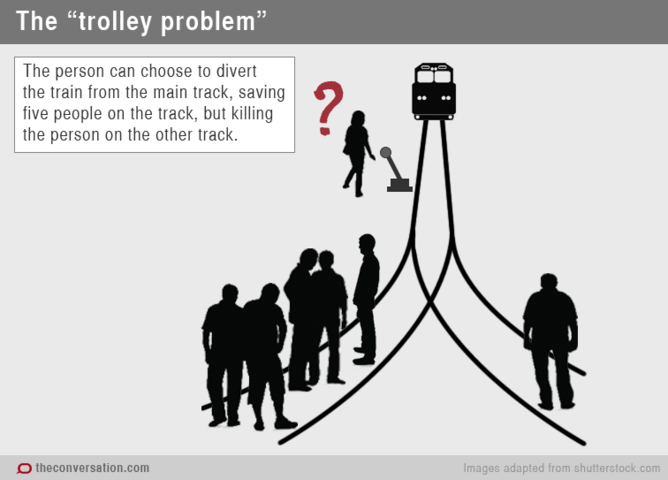
Let us explore the possibilities of more AI development with caution and courage.
